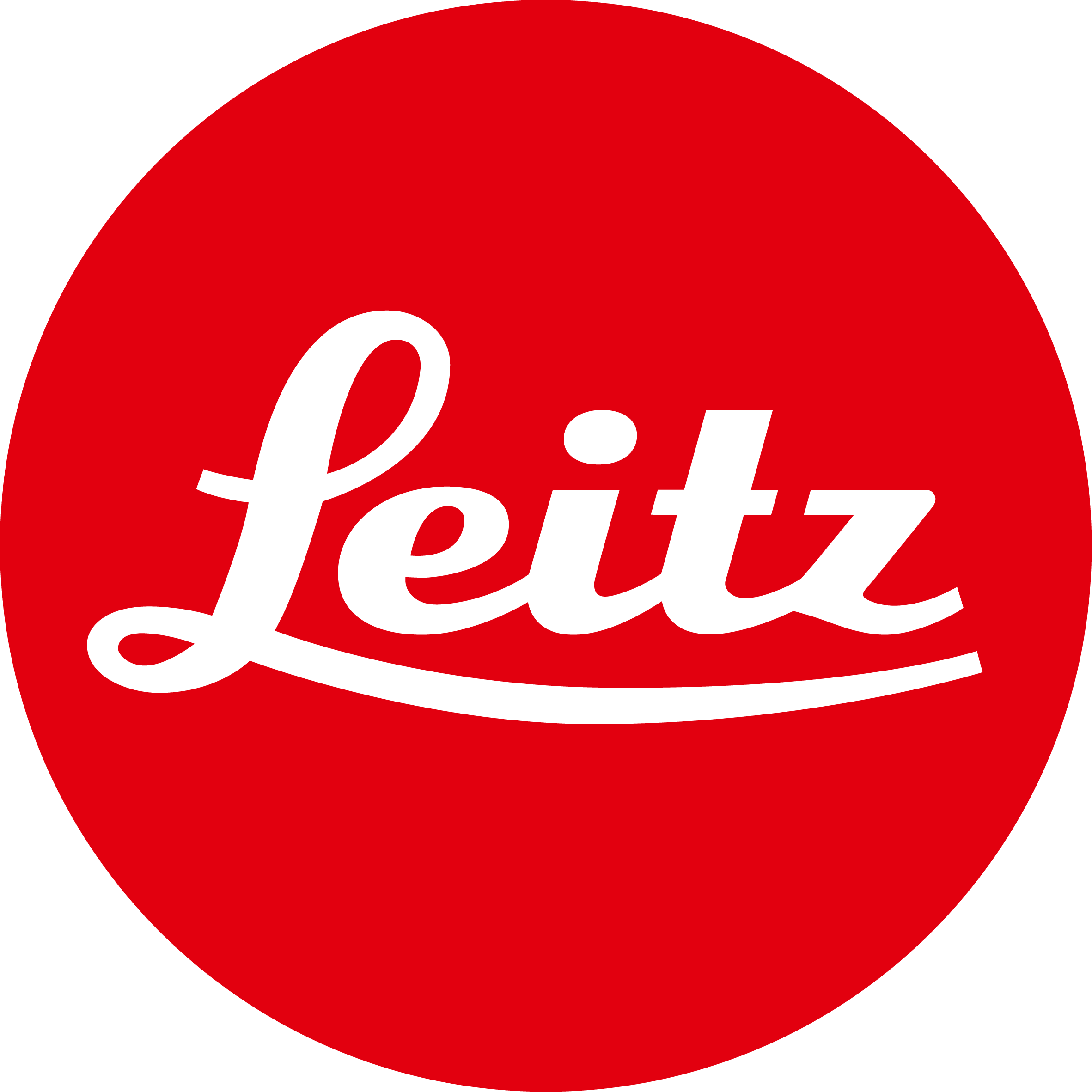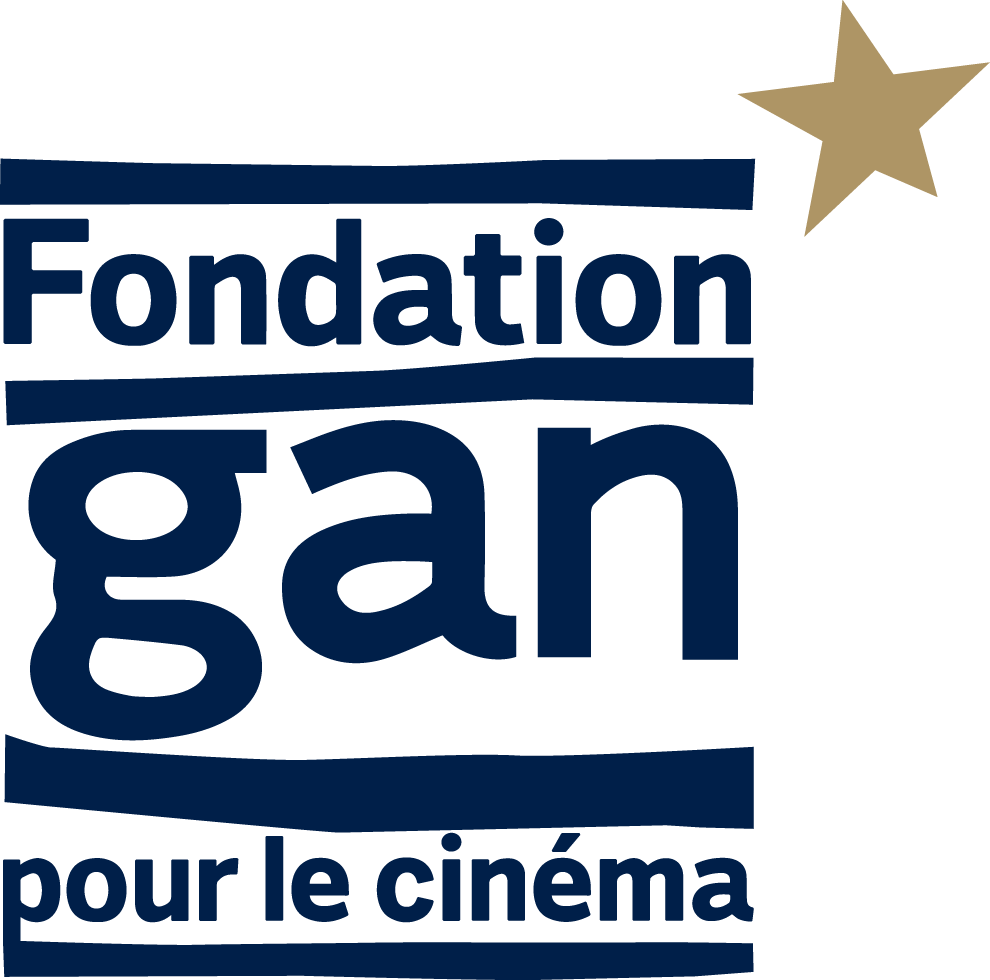Why were you interested by a period you haven’t known and by such a specific genre (French wrestling in the sixties)?
The film was born from a picture of the famous wrestler The White Angel, drinking wine in a bar. With his mask. I was struck even if didn’t know anything about wrestling. When making research, I realized all those heroes have been forgotten. I’m interested by things which disappear and have been erased. In that case, it’s a lost mythology. The White Angel is almost a superhero in a Jean-Pierre Melville film.
The film could have been called To the wonder…
There’s an obvious sense of wonder in that picture. How could people believe into these naïve fights at the time? I also intended to find a sense of wonder in cinema, which has been kind of lost in France. French cinema has difficulties to use its own mythology, except using French New Wave. In the film, I try to mix so called “quality cinema” from the fifties and French New Wave, as if the conflict between them never existed. I take upon myself its transgender feel. That goes from the RKO B-films to David Lynch.
It’s a film made by a film buff but which stays very modern…
I didn’t want to make a pastiche. As for Godard or Tarantino, I wanted to twist the genre films codes. To have some distance. To make a “pop” film. My characters actually embody the tension between the old and the modern. The men embody a sad, outdated manhood. The women are the voice of reason.
Our artistic director Charles Tesson says the film looks like “a Jacques Becker film filmed by Wong Kar-wai”…
I’m fine with that. I also see the film as the Sixties fantasized by a modern young man. Or a mix of Rocky and A Nightmare on Elm Street.







